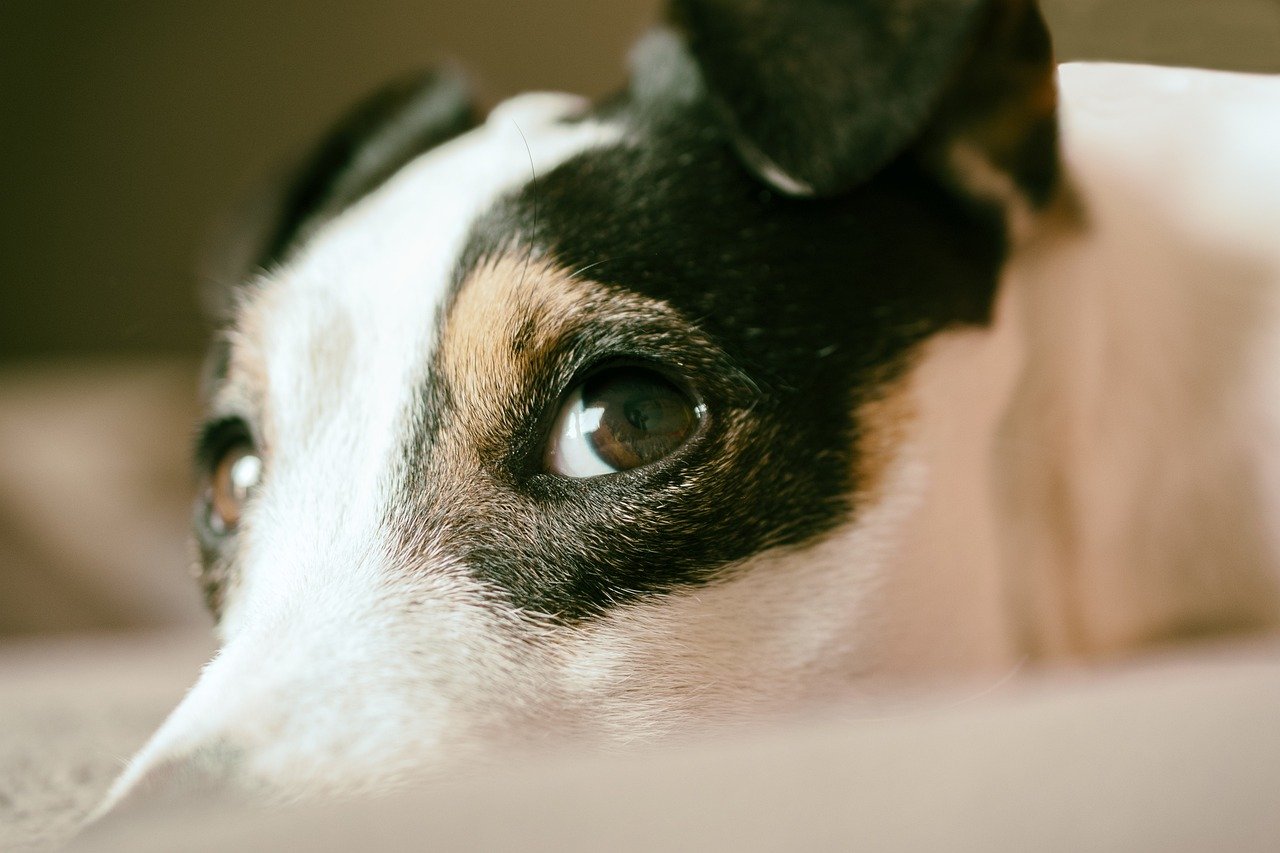Your dog probably watches you fumble with the fridge and order takeout and wonders how you ever survived in the wild. From their perspective, you’re the pack member who can’t catch a squirrel, let alone sniff out a trail. While you bring home food in bags and boxes, your pup might be thinking, “Really? That’s hunting?” Still, they adore you—useless skills and all—because in their eyes, love and loyalty outweigh hunting abilities. Their goofy expressions and protective nature show they’ve accepted you as part of the pack, even if you are the least impressive forager.
Your Dog’s Ancient Hunting Instincts
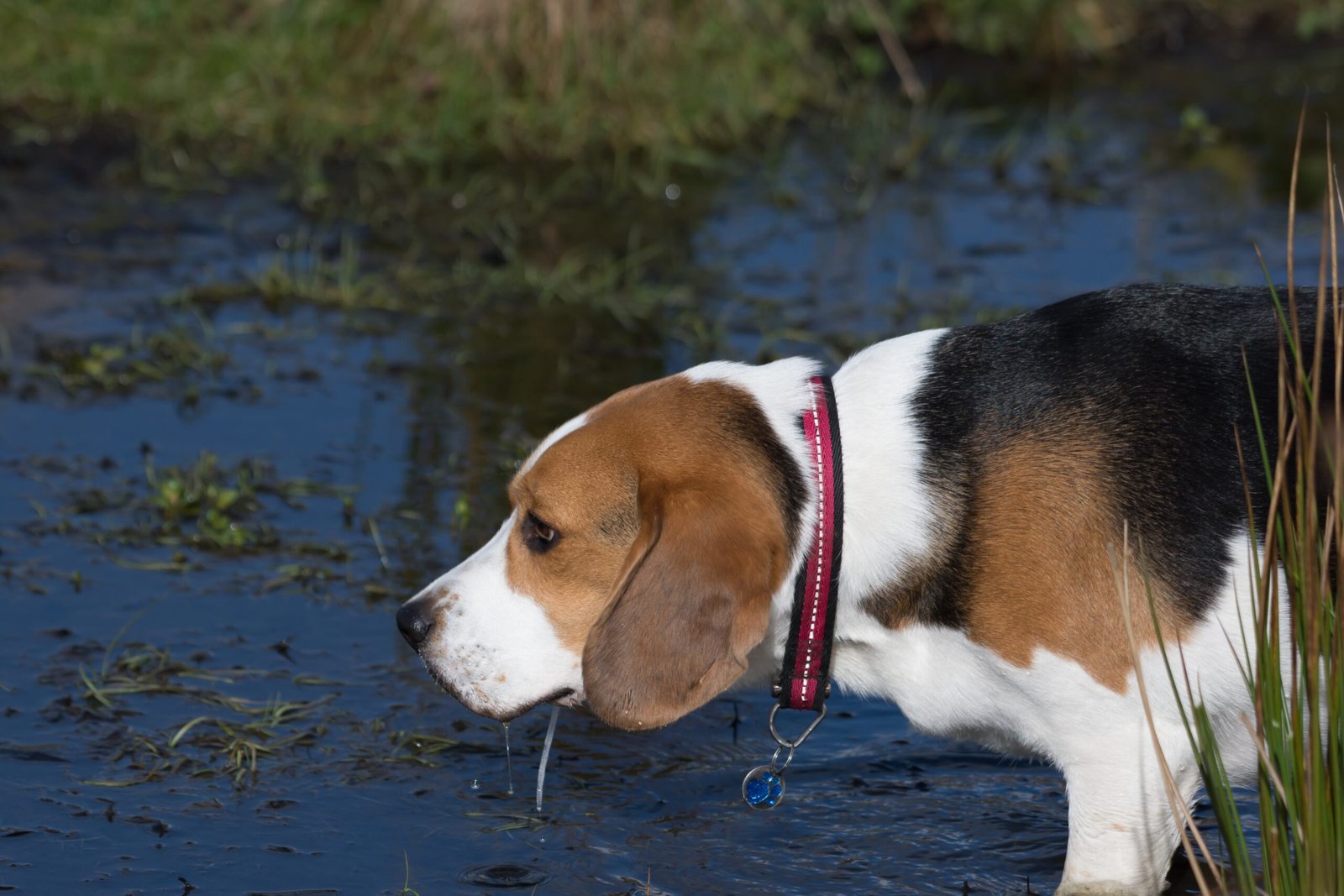
Dogs might nap on soft beds and beg for treats now, but their wild ancestors survived by hunting in packs. This instinct lives on, shaping how your dog views the world. Even the fluffiest lapdogs share DNA with wolves that relied on teamwork and skill to catch prey. When your dog chases a squirrel or sniffs out a treat hidden in the couch, they’re tapping into these age-old instincts. Unlike us, dogs use their noses as their primary navigation tool, making them expert trackers. When you fumble to find your keys or lose your phone for the hundredth time, your dog might just sigh and think, “Amateur hour.”
Why Fetch Isn’t Hunting (But Your Dog Pretends It Is)

To us, fetch is a game. To your dog, it’s a simulation of the hunt. They sprint, pounce, and retrieve, showing off skills honed over millennia. The funny part? When you throw the ball and expect them to bring it back, they might look at you, puzzled. In the wild, no one fetches for the alpha. So, when you become the “thrower,” your dog may see you as the one who can’t quite finish the hunt. Some dogs even stash the ball or toy, as if to say, “I’ll handle the hard part—you relax.”
Human Hunting Techniques: Not Exactly Impressive
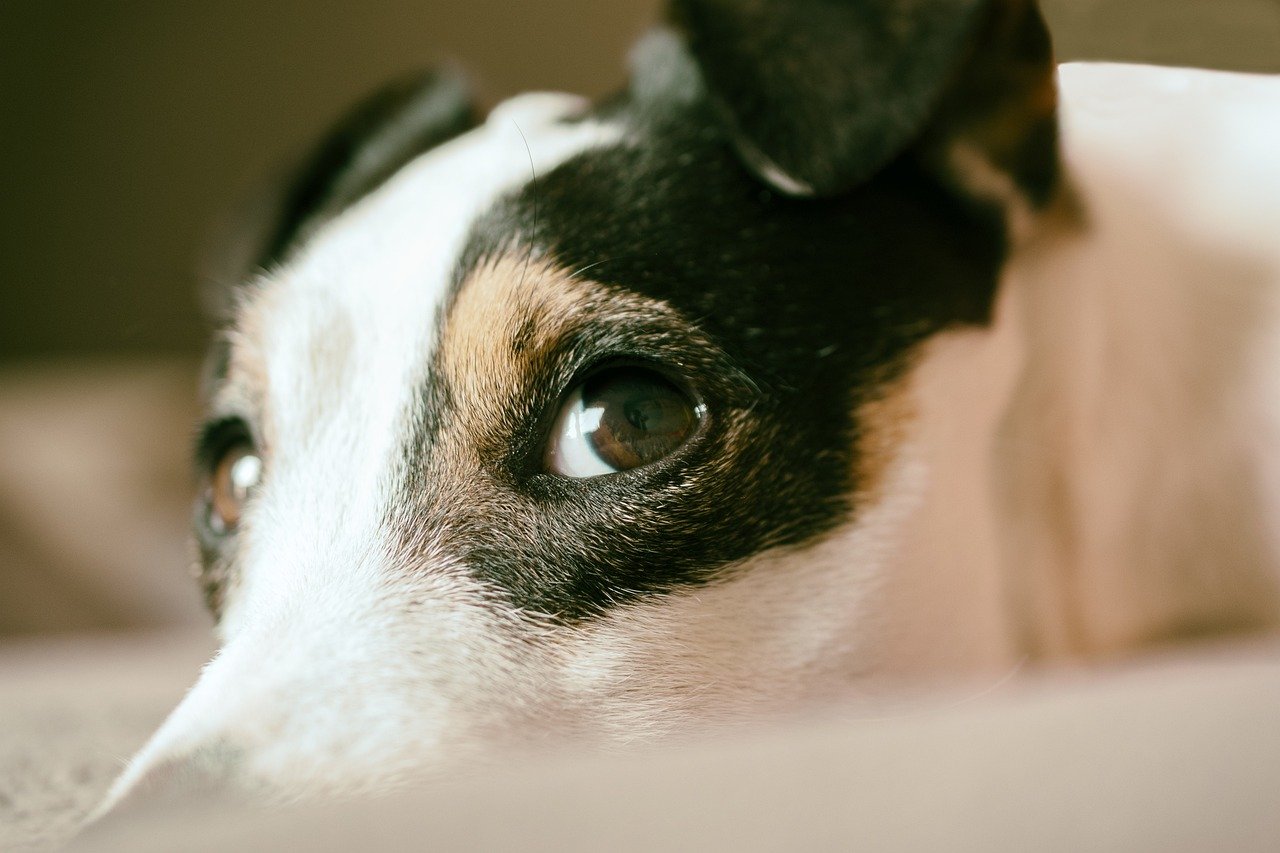
Picture this: you stroll into the kitchen, open a shiny box, and—voilà—dinner is served. No tracking, no stalking, no teamwork. Just the hum of a microwave or the pop of a can opener. To your dog, this must look like magic, but it’s certainly not the thrilling chase they’re wired for. They watch you “hunt” for snacks in the fridge with a mixture of confusion and mild disappointment. To them, hunting is a full-body sport, not a walk to the pantry. Sometimes, you might catch your pup sniffing the floor, hoping for a real challenge.
The Scent Detective vs. The Clueless Human
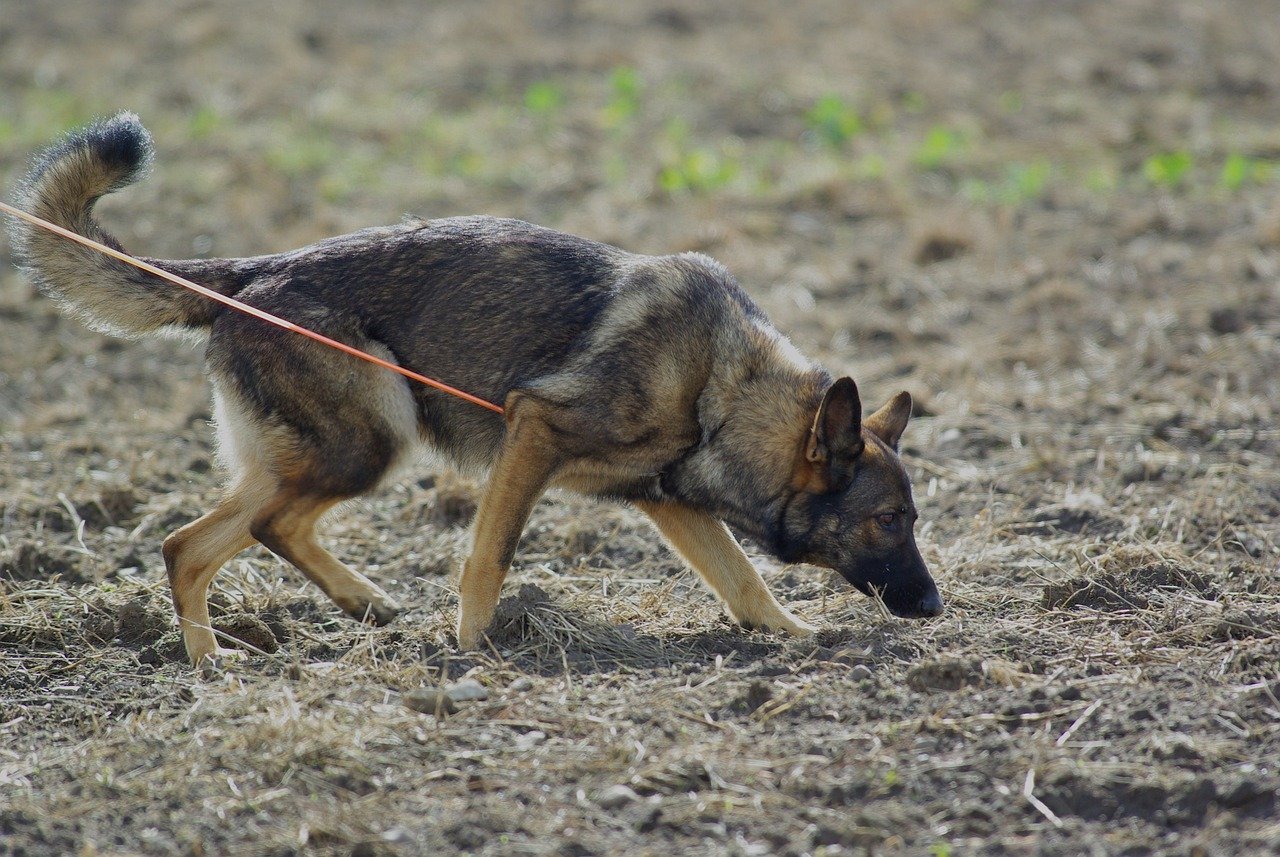
Dogs possess up to 300 million scent receptors in their noses, while humans have a measly five million. That’s like comparing a world-class detective to someone searching for clues with a blindfold on. Your dog can sniff out a treat buried under blankets or a toy lost in the backyard. Meanwhile, you might spend ten minutes looking for your phone, only to find it in your pocket. It’s little wonder your dog thinks you’d struggle to find a rabbit’s den, much less catch dinner.
Pack Hierarchy: Who’s Really in Charge?

Dogs are hardwired to understand pack structure. In a wild pack, the best hunters rise to the top. At home, though, the lines are blurry. You provide the food, but you don’t “hunt” for it. Your dog might nudge you during meal prep, as if to ask, “Are you sure you know what you’re doing?” Sometimes, they even try to “help” by herding you toward the treat jar or barking at the cupboard. It’s their way of making sure the pack’s “least useful hunter” stays on track.
Sharing the Spoils: Why Dogs Bring You ‘Gifts’

Ever received a slobbery tennis ball, a chewed-up sock, or—worse—a dead critter, lovingly delivered to your feet? This isn’t just a quirky habit. In the wild, pack members share their catch. When your dog drops a prize at your feet, they’re sharing the spoils, perhaps hoping you’ll finally learn the ropes. It’s their gentle way of saying, “Here, let me show you how it’s done.” Even if it’s just a squeaky toy, the gesture means you’re part of the team—even if you’re not the star player.
The Joy of Problem-Solving: Dogs Outwit Us Daily
Dogs are clever problem-solvers. Give them a treat puzzle, and they’ll paw, nudge, and flip it until the reward is theirs. Meanwhile, you might struggle to open a tricky package or untangle earphones. Dogs see these little victories as proof of their superior skills. When you fumble with something simple, don’t be surprised if your dog gives you a look that says, “Need some help, rookie?” Their confidence is part of what makes them so endearing—and sometimes a little smug.
Food Scavenging: The Ultimate Canine Hobby
While you might shudder at the thought of eating crumbs off the floor, dogs see it as an adventure. Their ancestors survived by scavenging as much as hunting. That’s why your dog is so good at sniffing out the tiniest morsel in the carpet or garbage can. You, on the other hand, probably overlook half the snacks that slip through your fingers. For your dog, this just confirms their superior status as the family’s top forager.
Communication Gaps: Reading Signals (Or Not)
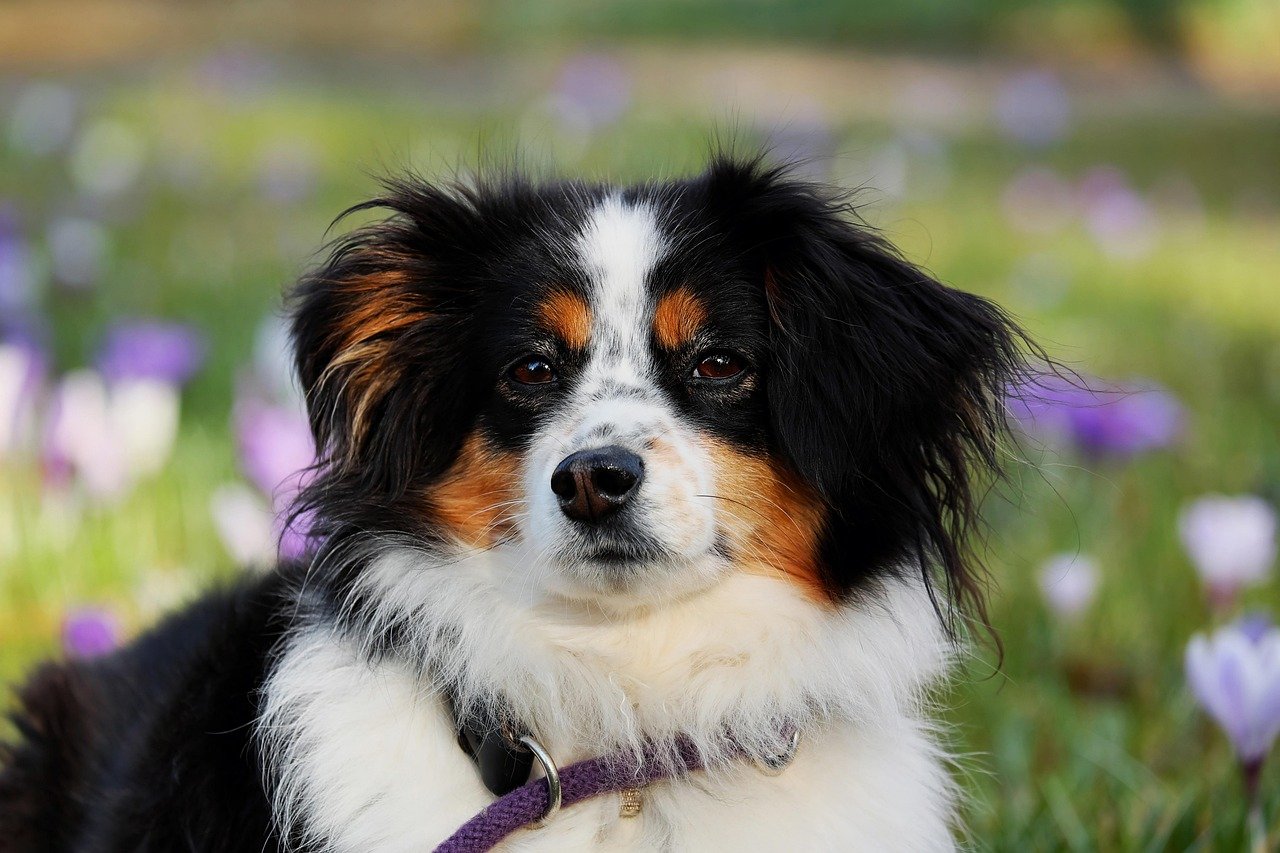
Humans and dogs don’t always speak the same language. You might wave, point, or call out, but dogs rely more on subtle body language and scent cues. Sometimes, your attempts at giving commands are met with blank stares or head tilts. Dogs pick up on things you miss—like changes in tone or posture. To your pup, you might seem oblivious to the obvious, missing the “signals” that are crystal-clear in their world. This communication gap can make you look like the slow learner in the pack.
Playtime: Who’s Teaching Whom?

When dogs play, they’re practicing skills they’d use in the wild—chasing, pouncing, wrestling. You might think you’re in charge during playtime, but often, your dog is leading the game. They decide when to chase, when to tug, and when to “let” you win. Sometimes, it feels like they’re giving you lessons in fun, encouraging you to loosen up and embrace your inner pup. In their eyes, playtime is their chance to show you how it’s really done.
Independence vs. Dependence: Dogs Are Watching
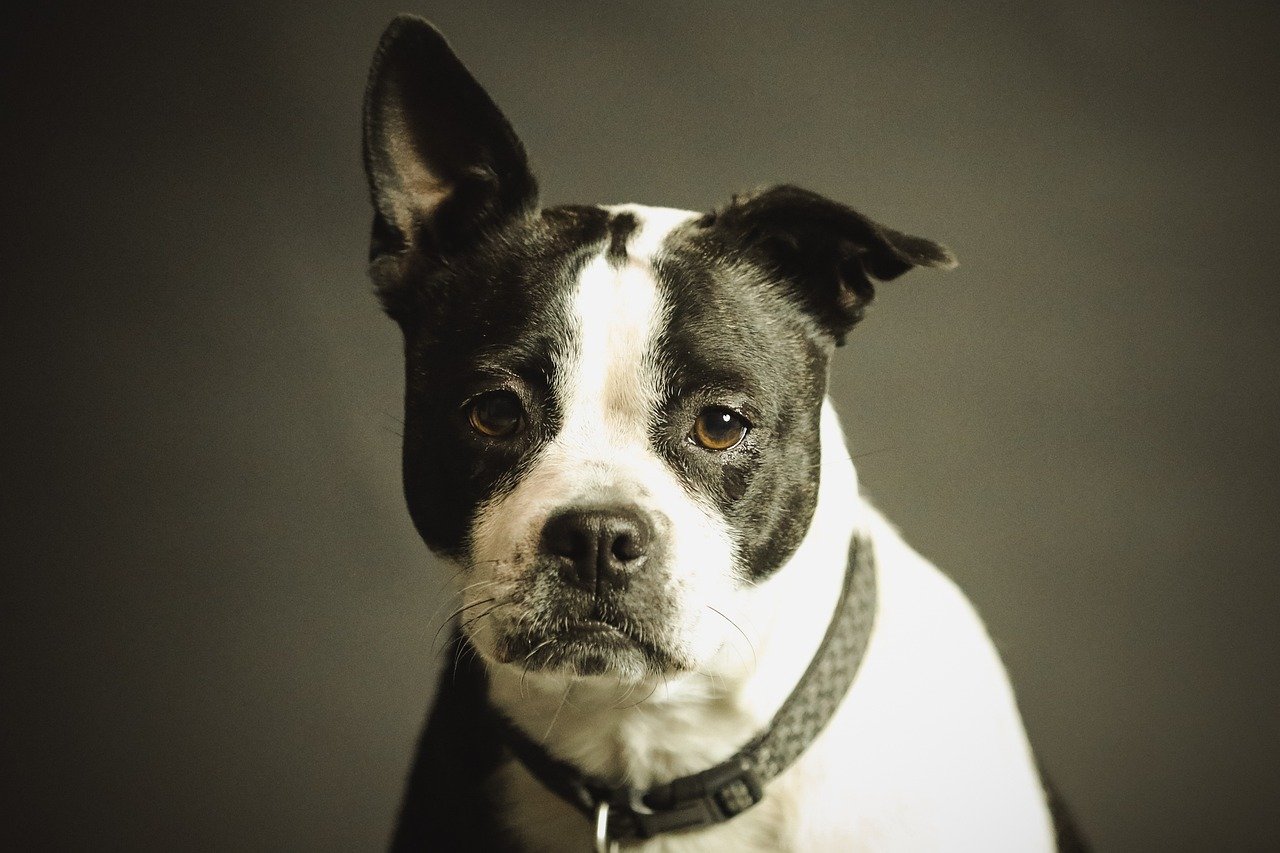
Dogs notice how much you rely on gadgets and routines. When the power goes out, you might fumble for a flashlight—your dog just keeps going, unfazed. They don’t need maps, apps, or reminders to find their way or remember where they’ve buried a bone. This independence is something dogs pride themselves on. Watching you depend on so many tools, they might think, “How did you survive before I came along?” Your dog’s self-sufficiency is a quiet reminder that sometimes, instincts trump technology.
The Secret Bond: Love Overcomes All Flaws
Despite all your “hunting” shortcomings, your dog adores you. They might see you as the weakest hunter, but you’re their favorite human. The loyalty and affection dogs show is unconditional. They forgive your clumsy ways and celebrate your small victories. At the end of the day, it’s not about who’s the best hunter—it’s about the bond you share. That look your dog gives you? It’s a blend of amusement, adoration, and a little bit of gentle teasing. And honestly, isn’t that the best kind of love?
At the end of the day, your dog doesn’t care that you can’t hunt a squirrel or sniff out trouble. What matters most to them is that you’re part of their pack. You provide the belly rubs, the snacks, and the safe place to curl up—and that’s more than enough. Even if you’re not the hunter they imagined, you’re still their favorite human.

